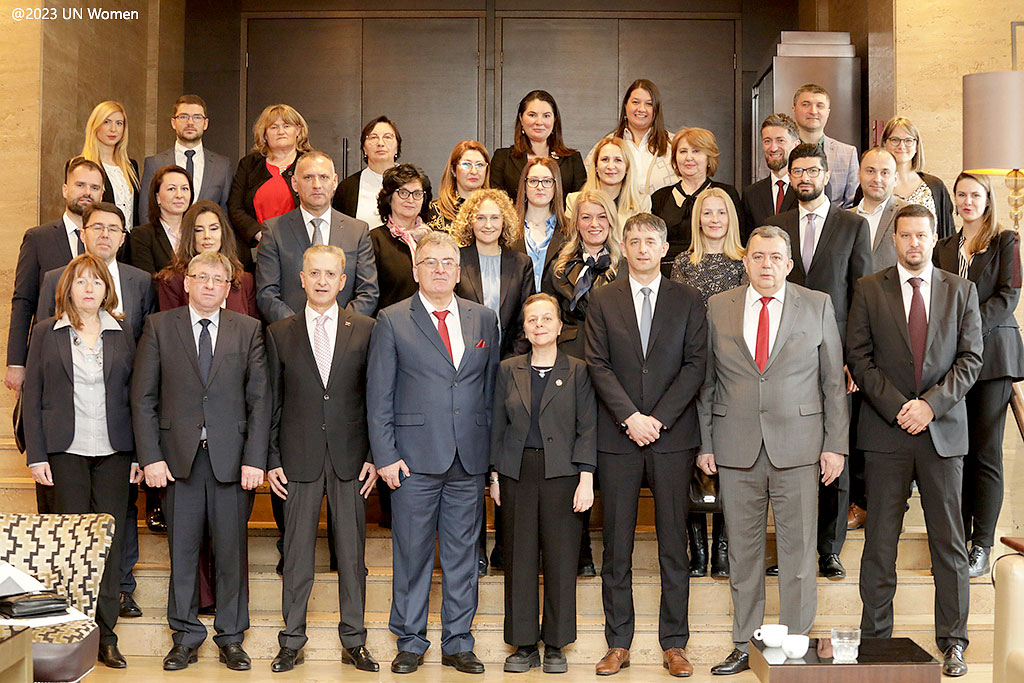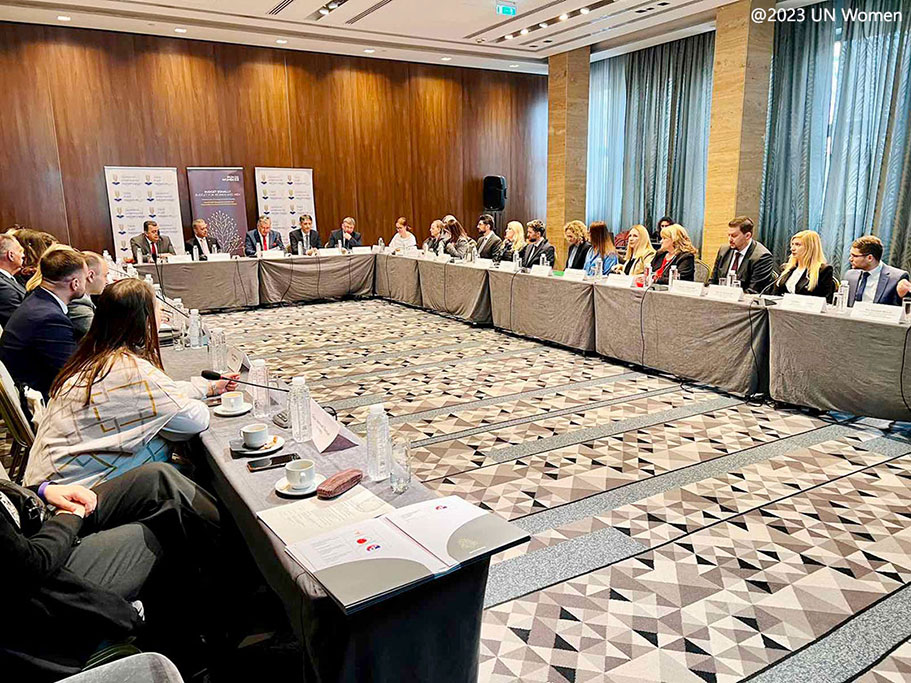Supreme audit institutions from BiH, Serbia, and Montenegro on 24.02.2023. in Belgrade, signed the Agreement on the implementation of a parallel performance audit as part of Sustainable Development Goal 5 – Gender Equality. The agreement was signed between the Supreme Audit Office of the Republic of Srpska public sector, the Office for the Audit of Institutions of Bosnia and Herzegovina, the Office for the Audit of Institutions in the Federation of Bosnia and Herzegovina, the State Audit Institution of Serbia and the State Audit Institution of Montenegro.
By the signed Agreement, the Supreme Audit Institutions will conduct a parallel performance audit of the job title “Achieving Gender Equality” in 2023 and publish their reports upon completion of the audit. The subject performance audit will be conducted by its legislation and relevant guidelines of the International Organization of Supreme Audit Institutions (INTOSAI).
“The signing of this Agreement is an opportunity to deepen our cooperation, improve the audit profession and improve the audit practice, exchange experiences and mutually measure the level of our skills and competencies in the field of performance audit. Considering that no audit report, not even this one, has a purpose unto itself, I believe that the governments in our countries will recognize and find in our report elements that will contribute or give new value in the field of gender equality and make women and girls more visible and recognizable in our society”, said auditor general Jovo Radukić during the signing of the Agreement.
A parallel audit is carried out with the technical support of UN Women, within the regional program “Transformative financing for gender equality – towards more transparent, inclusive and responsible governance in the Western Balkans” (2020-2024) funded by Sweden, while the State Audit Institution of the Republic of Serbia has the role of coordinator between the signatories of the Agreement.
The agreement was preceded by an intensive period of strengthening the capacity of audit teams, exchange of experience and good practices from the region, as well as regular consultations in the process of defining audit topics and objectives, which created the conditions for conducting this audit within the framework of a regional initiative.




















